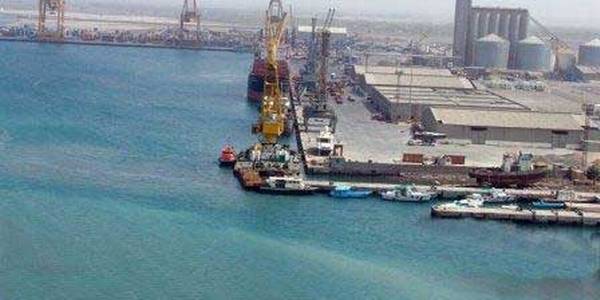 Any attack on the key Yemeni port of Hodeidah would deepen one of the world’s worst malnutrition crises and put the lives of an estimated 300,000 children at risk, said the head of the United Nations Children’s Fund (UNICEF) on Tuesday.
Any attack on the key Yemeni port of Hodeidah would deepen one of the world’s worst malnutrition crises and put the lives of an estimated 300,000 children at risk, said the head of the United Nations Children’s Fund (UNICEF) on Tuesday.
UNICEF Executive Director, Henrietta Fore, said that she was “extremely concerned” about continuing reports that forces from the United Arab Emirates, who currently control Hodeida, are planning an imminent attack to recapture the city.
The UAE is part of a Saudi-led coalition battling Houthi rebels in Yemen.
Conflict has escalated between the two sides since 2015, leaving around 75 per cent of Yemenis in need, including around 11 million children.
On Monday, UN Secretary-General António Guterres, told reporters in New York that “intense negotiations” involving his Special Envoy for Yemen, Martin Griffiths, were taking place, which it was hoped could prevent military confrontation. “I hope that it will be possible to avoid a battle for Hodeidah,” said the UN chief.
Also speaking on Monday, UN relief chief Mark Lowcock told correspondents at UN Headquarters that “dozens of UN staff” were still in the city. “While the UN and other humanitarian organizations are reconfiguring their presence, it is also our plan, intention and hope, to stay and deliver. We have dozens of staff still in Hodeidah,” he added.
“Ninety per cent of the food and medicines that are consumed in Yemen are imported and seventy per cent of those imports go through Hodeidah. Seven million people are completely reliant every month on food, and more than 7 million on other assistance, from humanitarian organizations,” said Mark Lowcock, who is also UN Humanitarian Coordinator.
He said that if the port were to close for any period of time, or “not to operate effectively, the consequences in humanitarian terms would be catastrophic”.
In her statement, Ms. Fore said that apart from the 300,000 at risk in the city itself, “millions more children throughout Yemen depend on the humanitarian and commercial goods that come through that port every day for their very survival.”
“Without fuel, critical for water pumping, people’s access to drinking water will shrink further, leading to even more cases of acute watery diarrhoea and cholera, both of which can be deadly for small children,” she added.
She urged all parties to the conflict “and all those who have influence over them, to put the protection of children above all other considerations” before concluding “Peace should be given a chance. The children of Yemen deserve nothing less.”
